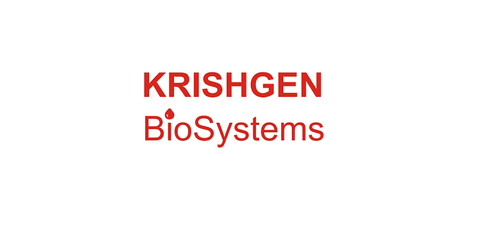Product Description
Human TNFAIP3-interacting protein 1 (TNIP1) ELISA Kit | AE13955HU | Abebio
Species Reactivity: Human (Homo sapiens)
Abbreviation: TNIP1
Alternative Name: ABIN-1; KIAA0113; NAF1; VAN; Nef-associated factor 1 SNP|virion-associated nuclear-shuttling protein
Application: ELISA
Range: Request Information
Sensitivity: Request Information
Intra-Assay: ≤6.2%
Inter-Assay: ≤9.4%
Recovery: 1, 01
Sample Type: Serum, Plasma, Other biological fluids
Detection Method: Sandwich
Analysis Method : Quantitive
Test Principale: This assay employs a two-site sandwich ELISA to quantitate TNIP1 in samples. An antibody specific for TNIP1 has been pre-coated onto a microplate. Standards and samples are pipetted into the wells and anyTNIP1 present is bound by the immobilized antibody. After removing any unbound substances, a biotin-conjugated antibody specific for TNIP1 is added to the wells. After washing, Streptavidin conjugated Horseradish Peroxidase (HRP) is added to the wells. Following a wash to remove any unbound avidin-enzyme reagent, a substrate solution is added to the wells and color develops in proportion to the amount of TNIP1 bound in the initial step. The color development is stopped and the intensity of the color is measured.
Product Overview: Using a yeast 2-hybrid screen to identify proteins that interact with the human immunodeficiency virus (HIV) -1 Nef protein, Fukushi et al. (1999) isolated TNIP1, which they designated NAF1, from an activated leukocyte cDNA library. They obtained full-length NAF1 cDNAs by 5-prime and 3-prime RACE. Fukushi et al. (1999) identified 2 alternatively spliced isoforms of NAF1, NAF1-alpha and NAF1-beta, that differ only in their C-terminal amino acids. NAF1-alpha contains 636 amino acids, and NAF1-beta contains 640 amino acids. Both isoforms have 4 coiled-coil domains and a proline-rich C terminus. Northern blot analysis detected a 2.8-kb transcript in all tissues tested, with strong expression in peripheral blood lymphocytes, spleen, and skeletal muscle, and weak expression in brain.
Stability: The stability of ELISA kit is determined by the loss rate of activity. The loss rate of this kit is less than 5% within the expiration date under appropriate storage condition. The loss rate was determined by accelerated thermal degradation test. Keep the kit at 37°C for 4 and 7 days, and compare O.D.values of the kit kept at 37°C with that of at recommended temperature. (referring from China Biological Products Standard, which was calculated by the Arrhenius equation. For ELISA kit, 4 days storage at 37°C can be considered as 6 months at 2 - 8°C, which means 7 days at 37°C equaling 12 months at 2 - 8°C) .
 Euro
Euro
 USD
USD
 British Pound
British Pound
 NULL
NULL












